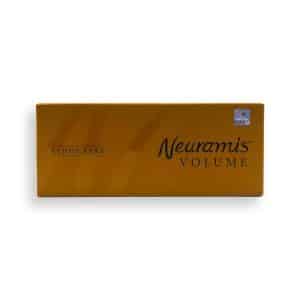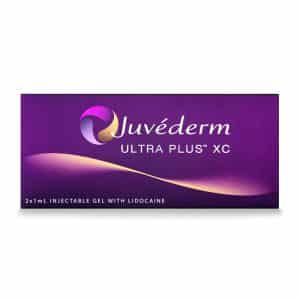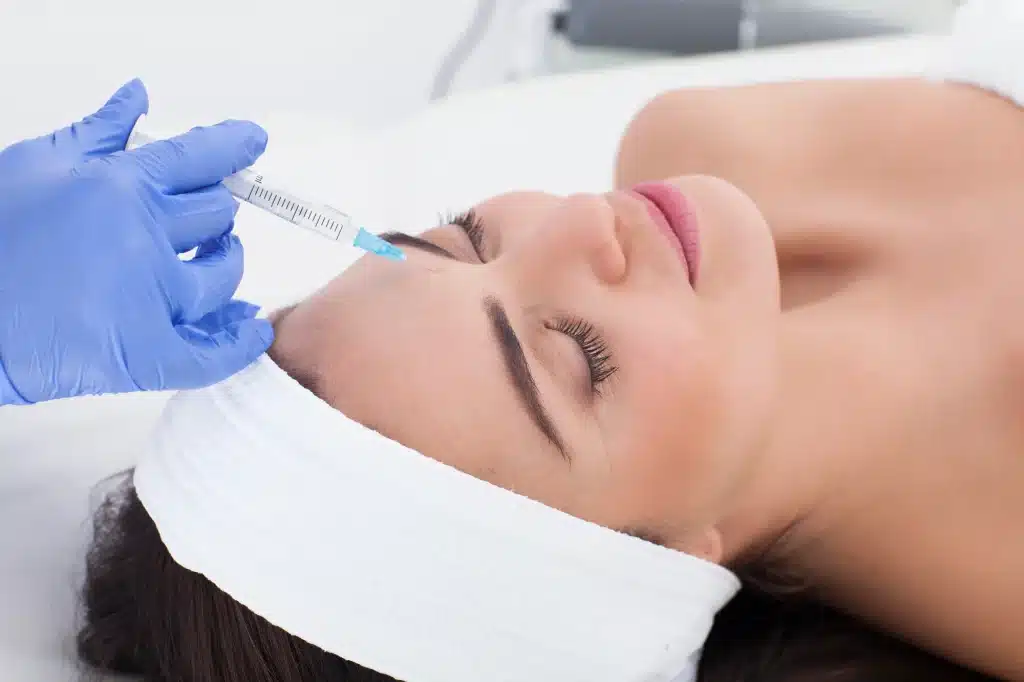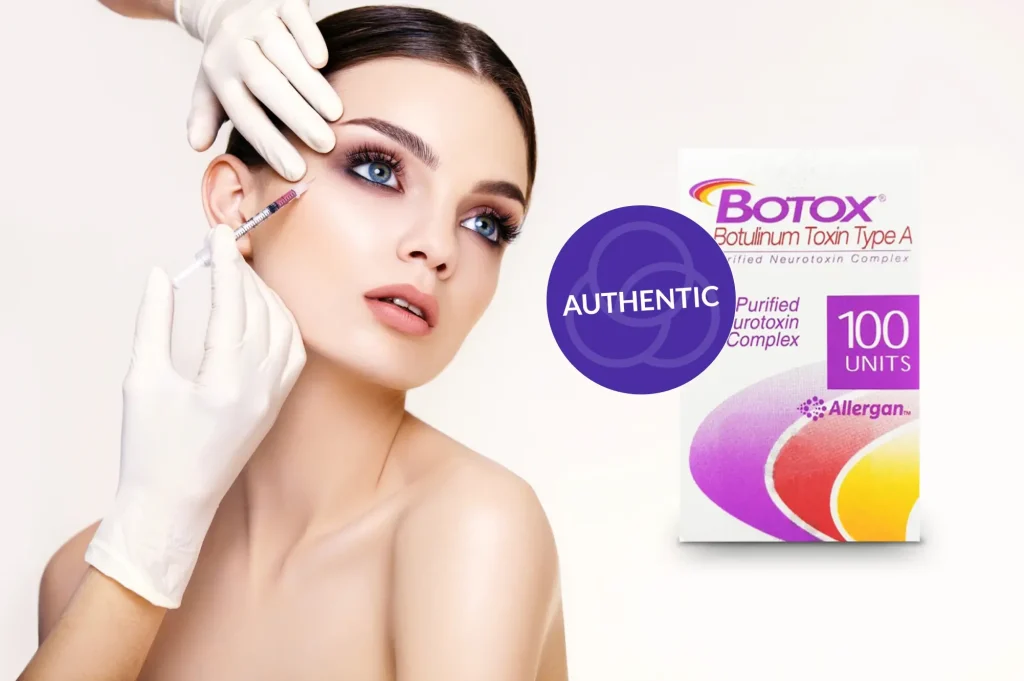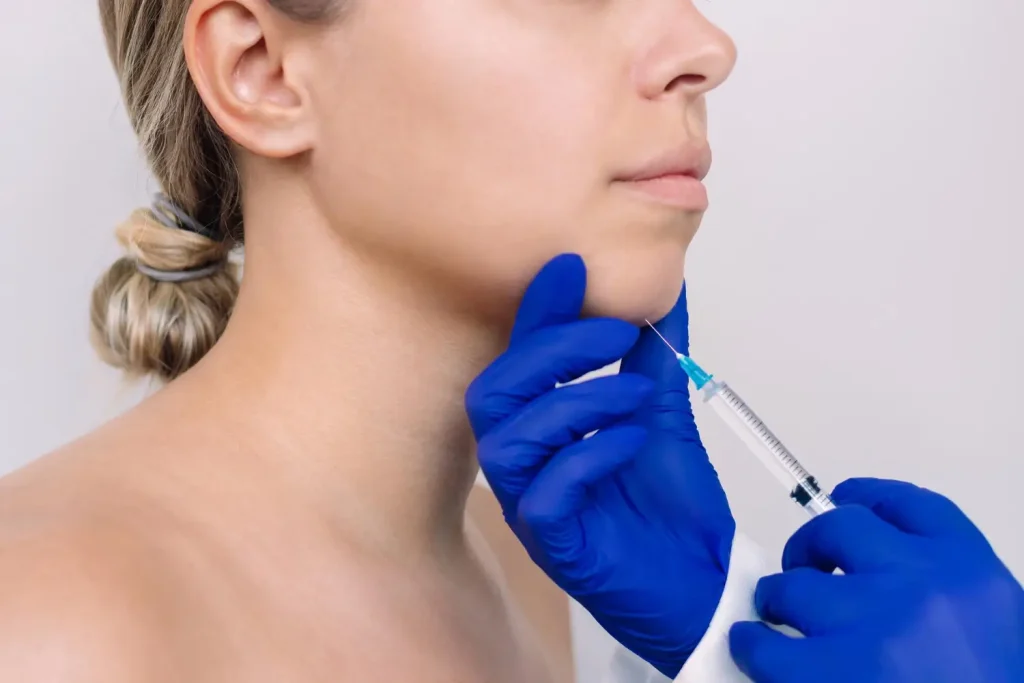The U.S. Food and Drug Administration is essential in regulating the safety and efficacy of medical products, including dermal fillers. According to the FDA, only specific dermal fillers meet the rigorous standards required for approval in the United States, emphasizing the importance of ensuring product safety, especially for facial enhancements.
Neuramis, a hyaluronic acid-based dermal filler, has gained global popularity for its effectiveness. However, its FDA approval status remains a topic of interest, prompting comparisons with other fillers regarding safety and performance.
This article will explore Neuramis’ FDA approval status, safety considerations, and the aesthetic benefits it offers, helping you make informed decisions about its use.
Key Takeaways
- Neuramis is a hyaluronic acid-based dermal filler developed by Medytox, intended for restoring facial volume, smoothing wrinkles, and enhancing contours.
- Despite its popularity and approval in regions like Europe and Asia, Neuramis has not yet received FDA approval for use in the United States.
- While lacking FDA approval, Neuramis has been extensively studied for its safety and efficacy in aesthetic treatments and has been shown to provide effective and lasting results for patients seeking facial rejuvenation.
- Neuramis carries potential side effects and risks, including mild swelling, redness, bruising, and tenderness at the injection site, as well as rare complications such as allergic reactions, infection, or filler migration.
- Patient satisfaction with Neuramis is notably high, with many reporting natural-looking and long-lasting results.
About: Medical Spa RX provides medical practices with premium products at the best prices. If you’re looking to buy Neuramis wholesale for your practice, the sales representatives at Medical Spa RX can give you guidance.
Is Neuramis FDA Approved?

Neuramis is a hyaluronic acid-based dermal filler developed by Medytox, a South Korean biotechnology company renowned for its aesthetic products. Designed to restore facial volume, smooth wrinkles, and enhance contours, Neuramis offers natural-looking results with a smooth, cohesive texture. It comes in various formulations tailored to different cosmetic needs, such as lip augmentation and deep wrinkle correction.
FDA approval is essential for ensuring the safety, efficacy, and quality of dermal fillers in the United States. This approval process involves rigorous testing, including clinical trials, to confirm that the product meets the highest standards for safety and effectiveness. For patients and practitioners, FDA approval provides confidence that the filler is reliable and safe for use.
However, Neuramis has not yet received FDA approval for use in the U.S. Despite its widespread use and approval in other regions like Europe and Asia, it has not met the FDA’s stringent requirements. This lack of approval does not necessarily mean Neuramis is unsafe, but it indicates that it has not undergone the specific evaluations required by the FDA.
Safety and Efficacy of Neuramis

Neuramis has been extensively studied for its safety and efficacy in aesthetic treatments. Clinical trials, such as the randomized, multi-center study comparing Neuramis to Restylane, have demonstrated significant improvements in wrinkle severity and overall facial volume.
These studies typically measure outcomes using the Wrinkle Severity Rating Scale (WSRS) and Global Aesthetic Improvement Scale (GAIS), showing that Neuramis provides effective and lasting results for patients seeking facial rejuvenation.
However, like all dermal fillers, Neuramis carries potential side effects and risks. Though they usually resolve within a few days, some of the most common side effects include:
- Mild swelling
- Redness
- Bruising
- Tenderness at the injection site
Although rare, more serious complications can include allergic reactions, infection, or filler migration. These risks are generally minimized when the filler is administered by a qualified, experienced practitioner who follows proper injection techniques and hygiene protocols.
Patient Satisfaction and Results
Patient satisfaction with Neuramis is notably high, with many reporting natural-looking and long-lasting results. The advanced SHAPE technology used in Neuramis fillers ensures a smooth and consistent gel texture that integrates well with the skin. This results in a more youthful and vibrant appearance, as evidenced by numerous Neuramis before and after photos shared by satisfied patients.
Conclusion
Neuramis is not FDA-approved in the USA, making its use in clinics illegal. However, it is approved in regions like Europe and Thailand, where it is recognized for its safety and effectiveness.
Made from non-animal hyaluronic acid, Neuramis integrates well with the skin and typically lasts about 9 to 12 months. If necessary, a qualified professional can safely dissolve the filler using a specialized enzyme.
FAQs
1. What is Neuramis?
Neuramis is a hyaluronic acid-based dermal filler used for reducing wrinkles and enhancing facial contours.
2. Is it safe to use Neuramis?
Yes, Neuramis is generally considered safe when used by qualified practitioners. However, it is essential to be aware of potential side effects and ensure it is legally approved in your region.
3. Are there any side effects of using Neuramis?
Yes, typical side effects of using Neuramis include swelling, bruising, and tenderness at the injection site, which are usually mild and temporary. Rarely, more severe complications like infections or allergic reactions can occur.
References
U.S. Food and Drug Administration. (2021). Dermal fillers: The dos and don’ts for wrinkles, lips, and more. FDA. https://www.fda.gov/consumers/consumer-updates/dermal-filler-dos-and-donts-wrinkles-lips-and-more
RealSelf. (n.d.). Is Neuramis Deep approved in Europe or USA? Is it safe, painful, or flexible for areas? RealSelf. Retrieved September 12, 2024, from https://www.realself.com/question/chicago-il-neuramis-deep-approved-europe-usa-safe-painful-flexible-areas
U.S. Food and Drug Administration. (2021, March 2). Is it really ‘FDA approved’? U.S. Food and Drug Administration. https://www.fda.gov/consumers/consumer-updates/it-really-fda-approved

